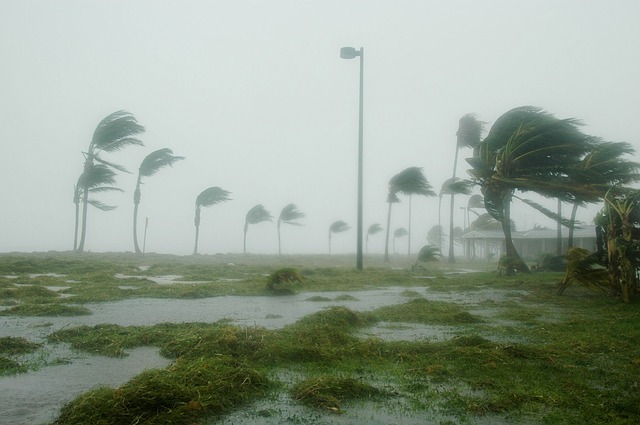By the end of the century, climate change could dramatically increase the chance of “gray swan” hurricanes – storms with impacts more extreme than history can predict – wreaking havoc on coastal cities in Florida, Australia, and the Persian Gulf, researchers say.
In the past, rare and unpredictable weather events have been called “black swans,” according to Live Science. The “gray swans” – so named by Ning Lin, a climate scientist at Princeton University – are events with impacts beyond what could be predicted based on historical records alone.
While the “black swans” are unpredictable catastrophes, “gray swans” can be predicted. These “perfect storms” would need the combination of historical data with climate models to correctly predict their ramifications, according to Lin and her colleagues.
The new study, conducted by Lin and Kerry Emanuel of MIT, is “to raise awareness of what a very low probability, very high impact hurricane event might look like,” said Emanuel.
These “theoretical storms” are highly unlikely to occur, reports The Washington Post. In fact, in most cases, they are 1-in-10,000 year events, or even rarer.
The research team generated gray swan storms using a computer program that coupled a global climate model with a very high-resolution hurricane model. This allowed the researchers to populate their simulated world with many different types of storms.
The team found that Tampa, Florida and Cairns Australia are at greatest risk for a devastating gray swan storm. Most surprising is the risk they found for the Persian Gulf, an area that historically has never been hit by a hurricane.
While it is highly unlikely that an extraordinarily rare gray swan storm will hit, this study helps scientists foresee possibly catastrophic storms, and be better prepared. The risks get “tinier and tinier and tinier, but the consequences of that event get exponentially larger,” Emanuel said.
You go out on the tail, the risk gets tinier and tinier and tinier, but the consequences of that event get exponentially larger.
In an unrelated study, climate scientist James Hansen predicted devastating floods that will hit coastal cities in the next century.
























